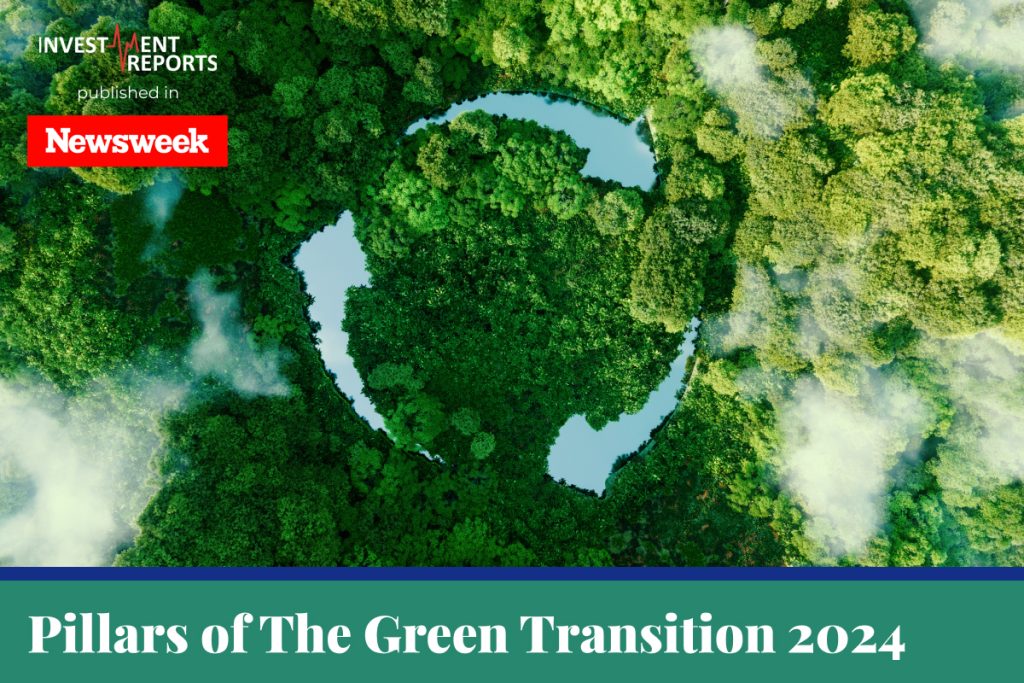The modern world has been shaped and sustained by access to cheap energy, particularly in the form of fossil fuels. These fuels power vehicles, food production, militaries, and the manufacturing of renewable energy technologies. As fossil fuels currently make up 82 percent of global energy consumption, there is a deep-rooted nature to our reliance on them that must be acknowledged. The push for achieving net-zero emissions by 2050 has become a global priority in an effort to combat climate change, with governments and organizations around the world adopting this target. However, the feasibility and cost of meeting this deadline are increasingly urgent questions, with estimates suggesting that achieving net-zero emissions by 2050 would require significant financial investments.
Leaders in various industries, such as Zoran Bogdanovic of Coca-Cola HBC and Markus Krebber of RWE AG, emphasize the importance of sustainability and reducing carbon emissions while remaining profitable. There is a shared belief that businesses can operate successfully while also minimizing their impact on the environment. Rather than focusing on meeting specific targets exactly on time, there is a call to identify and address the real obstacles to achieving sustainability goals as quickly as possible. This includes investing in renewable energy sources, improving energy efficiency, and transitioning to electric vehicles.
Andrew Macdonald of Uber highlights the rapid adoption of electric vehicles (EVs) among drivers, with EVs being adopted five times faster than the general population. A significant portion of Uber rides are now electric, reflecting a shift towards more sustainable transportation options. The report acknowledges the importance of transitioning to cleaner energy sources and reducing emissions, emphasizing the need for practical and effective measures to achieve net-zero emissions by 2050. It is crucial to address the challenges and barriers to sustainability in order to transition to a more climate-friendly future.
The urgency of addressing climate change and reducing emissions is underscored by the need to limit global warming to 1.5°C above pre-industrial levels. The cost of achieving net-zero emissions by 2050 is estimated to be $275 trillion in cumulative spending on physical assets, equivalent to about 7.5 percent of global GDP annually until 2050. This highlights the significant financial investment required to transition to a more sustainable energy system and reduce emissions. With little room for error in meeting the net-zero emissions target by 2050, it is essential to assess the practicality and effectiveness of proposed measures to ensure a successful transition away from fossil fuels.
As the world grapples with the challenge of transitioning to a more sustainable energy system, leaders in various industries emphasize the importance of balancing profitability with environmental responsibility. The debate over meeting specific targets should give way to a more practical focus on overcoming obstacles to achieving sustainability goals. By investing in renewable energy sources, improving energy efficiency, and transitioning to electric vehicles, businesses and governments can work towards a more sustainable future. The rapid adoption of EVs and the increasing focus on sustainability in industries such as transportation and energy signal a growing commitment to reducing emissions and mitigating climate change.








